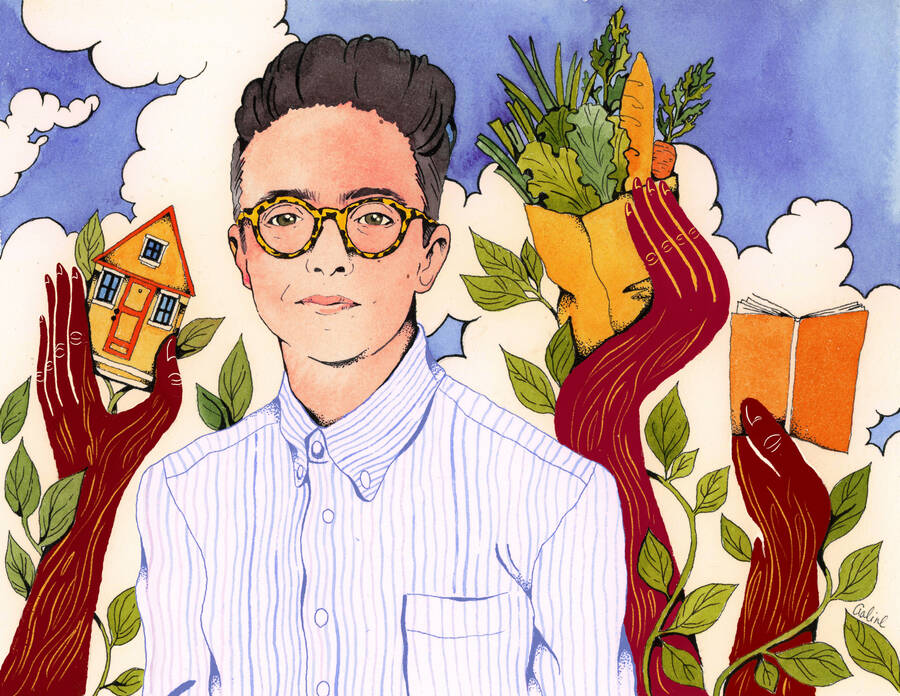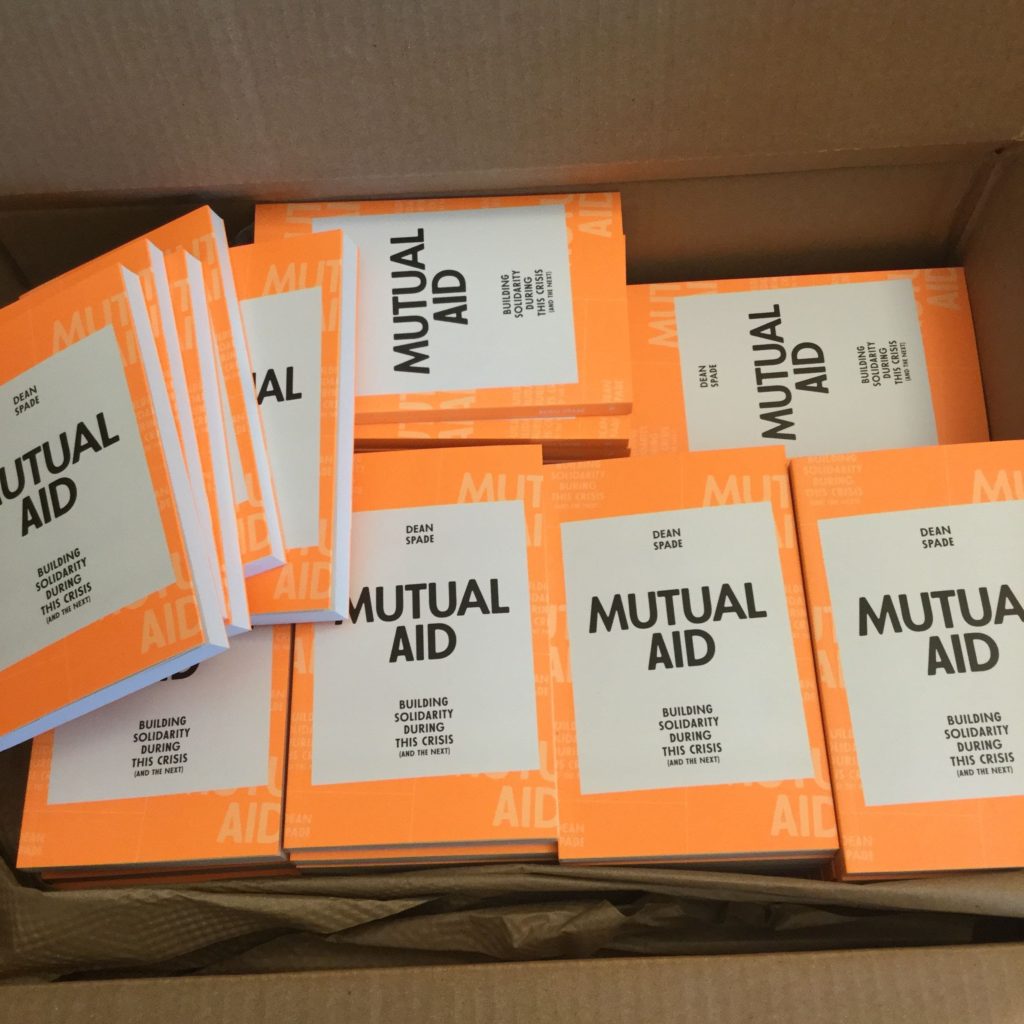Clara Liang recently interviewed me for In These Times.

Amid the catastrophe of the pandemic, climate emergency and racist state violence, mutual aid has exploded. Ordinary people around the globe, from Seattle to Nigeria, are finding ways to support each other when the government won’t.Mutual aid isn’t just that we help each other. We help each other based on a shared recognition that the systems aren’t delivering and are actually making things worse. We’re simultaneously building a movement to address the root causes of the crisis we’re in.
Continue reading “New Interview about Mutual Aid with In These Times”


